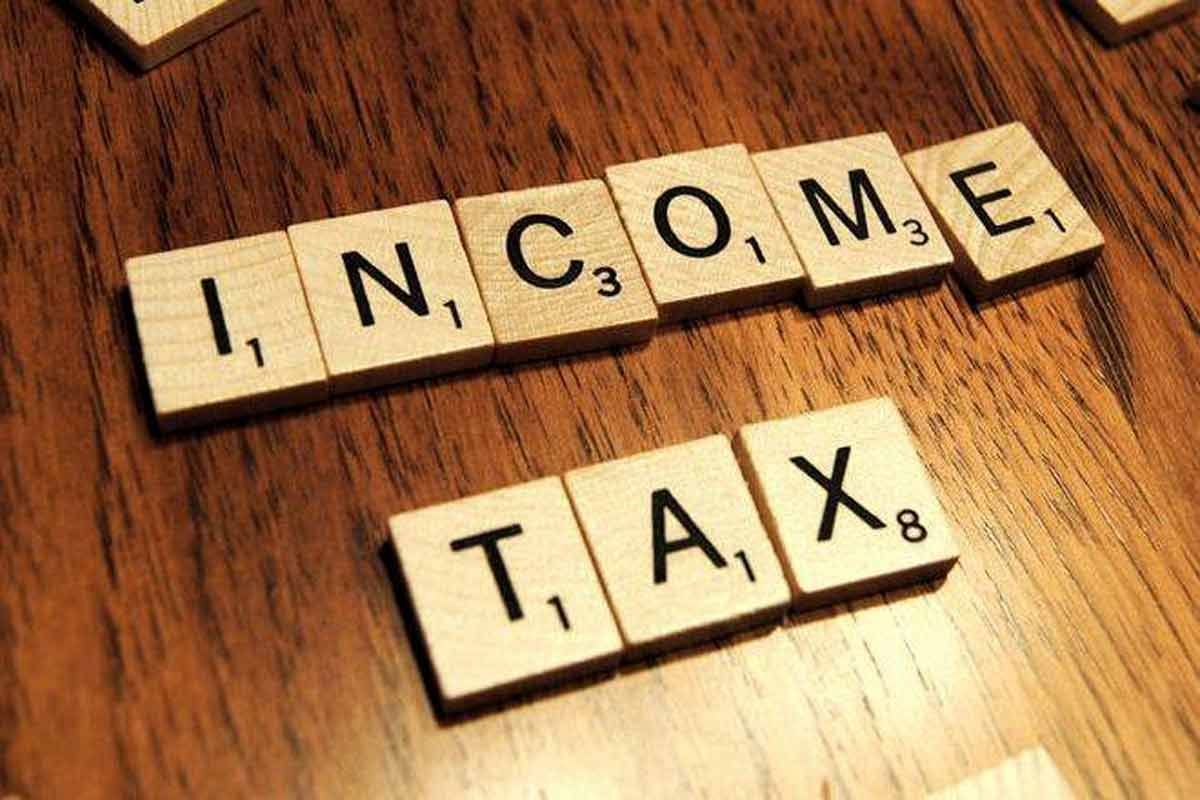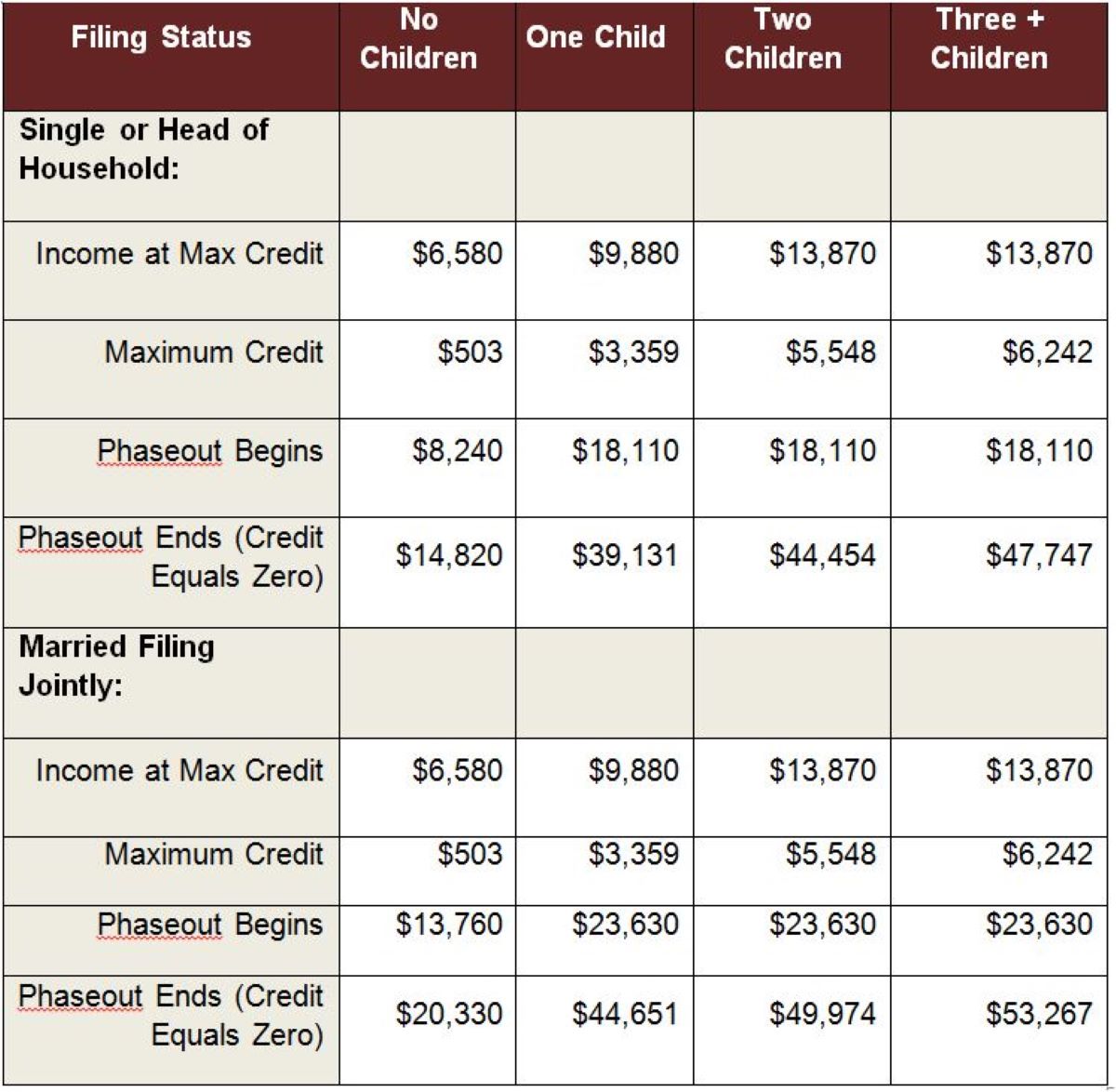Home>Finance>Form 8689: Allocation Of Individual Income Tax To The U.S. Virgin Islands Definition


Finance
Form 8689: Allocation Of Individual Income Tax To The U.S. Virgin Islands Definition
Published: November 27, 2023
Learn about Form 8689: Allocation of Individual Income Tax to the U.S. Virgin Islands. Understand the definition and significance for your finances.
(Many of the links in this article redirect to a specific reviewed product. Your purchase of these products through affiliate links helps to generate commission for LiveWell, at no extra cost. Learn more)
The Complete Guide to Form 8689: Allocation of Individual Income Tax to the U.S. Virgin Islands
Welcome to the finance category of our blog, where we tackle various topics related to personal finances, tax planning, and important forms that taxpayers need to be aware of. In this blog post, we will delve into the details of Form 8689: Allocation of Individual Income Tax to the U.S. Virgin Islands. Whether you are a taxpayer living in the U.S. Virgin Islands or have income from the territory, understanding how to appropriately allocate your income tax is crucial. Let’s explore this topic further and gain a better understanding of Form 8689.
Key Takeaways:
- Form 8689 is used by taxpayers to allocate their individual income tax between the United States and the U.S. Virgin Islands.
- By properly filling out Form 8689, taxpayers can ensure that their tax liabilities are appropriately allocated and avoid any potential penalties.
So, what exactly is Form 8689 and when should you use it? Form 8689 is an IRS form that allows individuals who have income from both the United States and the U.S. Virgin Islands to allocate their income tax liability between the two. The U.S. Virgin Islands is treated as a separate tax jurisdiction from the United States for tax purposes, and individuals who earn income in both locations need to appropriately allocate their tax payments.
Why is Form 8689 important?
Form 8689 is important because it ensures that taxpayers correctly allocate their income tax liability, avoiding any potential penalties or incorrect tax payments. It helps determine the portion of your income that should be taxed in the United States and the portion that should be taxed in the U.S. Virgin Islands.
By utilizing Form 8689, you can take advantage of the tax benefits provided by the U.S. Virgin Islands, as income earned in this territory might be subject to different tax rates or exemptions. It allows you to optimize your tax planning strategies and reduce your overall tax liability.
How to Fill Out Form 8689: Allocation of Individual Income Tax to the U.S. Virgin Islands
Filling out Form 8689 may seem like a daunting task at first, but it is relatively straightforward once you understand the process. Here’s a step-by-step guide to help you:
- Step 1: Gather all the necessary documents, including your U.S. Virgin Islands tax return and Form 1040 (U.S. Individual Income Tax Return).
- Step 2: Calculate your total income from both the United States and the U.S. Virgin Islands.
- Step 3: Determine the portion of your income that should be allocated to the U.S. Virgin Islands and the portion that should be allocated to the United States, based on the tax rules and regulations applicable to your situation.
- Step 4: Complete the sections of Form 8689, including your personal information, income details, and the calculation of your tax allocation.
- Step 5: Review your completed Form 8689 for accuracy and ensure that all necessary information is provided.
- Step 6: Attach Form 8689 to your U.S. Individual Income Tax Return (Form 1040) when filing your taxes.
It’s important to note that if you are uncertain about how to properly fill out Form 8689 or if you have complex tax situations, it is advisable to seek the guidance of a tax professional or consult with the Internal Revenue Service (IRS).
Conclusion
Form 8689 is a valuable tool for individuals who have income from both the United States and the U.S. Virgin Islands. By correctly allocating your income tax liability, you can optimize your tax planning strategies and ensure compliance with tax regulations. Remember, filling out Form 8689 accurately and on time is essential to avoid potential penalties or incorrect tax payments. If you have any doubts or questions, don’t hesitate to seek professional advice to ensure you complete the form correctly.














